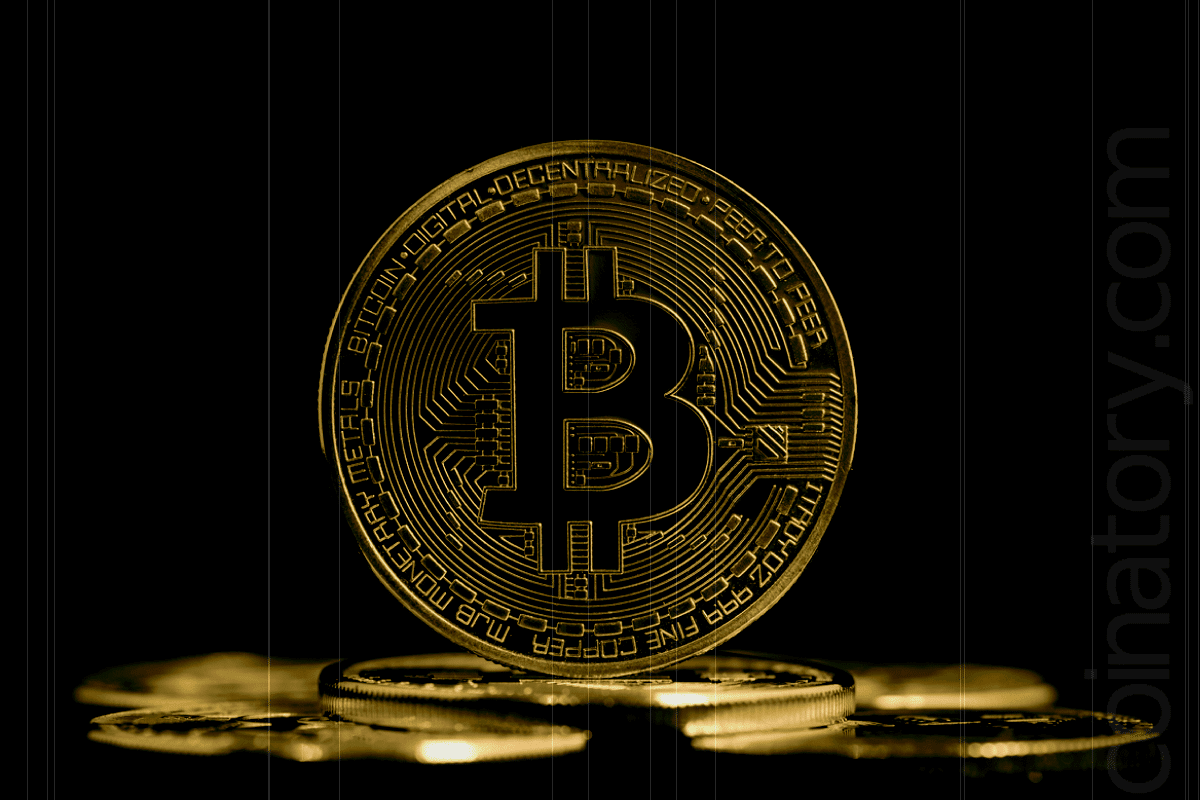
Adam Glapiński, president of the National Bank of Poland (NBP), has made it clear that the bank would not keep Bitcoin (BTC) in its reserves “under any circumstances.”
Glapiński underlined during a news conference that any asset taken into consideration for the NBP’s reserves ought to be “absolutely secure.” He made a negative comparison between Bitcoin and gold, which helped the bank’s reserve value rise by 22% last year.
Even although the NBP does not consider Bitcoin to be a secure and long-term part of its holdings, Glapiński acknowledged the cryptocurrency’s increasing importance, saying that “there is a lot to be said” about it.
“You can buy a lot and gain a lot, as well as lose a lot,” he said. “However, we prefer something certain.”
Central Banks in Europe and Around the World Examine Bitcoin Strategies
Glapiński’s position contrasts with recent events in other places. A research to determine the viability of investing in Bitcoin reserves was just approved by the Czech National Bank (CNB) last week. Internal discussions have been triggered by this initiative, though, with Finance Minister Zbyněk Stanjura rejecting the plan and cautioning against making speculative comments about it.
Later, CNB Deputy Governor Eva Zamrazilová stated that the report is an investigation and not a policy recommendation. She claimed that a 5% allocation of reserves into Bitcoin was never formally examined, in contrast to previous recommendations.
Christine Lagarde, president of the European Central Bank (ECB), echoed Glapiński’s worries, stating that central bank reserves must continue to be safe, liquid, and secure.
The Federal Government and States of the United States Adopt a Distinct Strategy
The United States is more receptive to investigating Bitcoin’s strategic significance, although Europe is still split on the cryptocurrency’s place in national reserves. President Donald Trump has pushed for a sovereign wealth fund that might contain Bitcoin, and he formed a working committee to investigate the establishment of a Bitcoin reserve shortly after he took office.
State-level legislation to create their own Bitcoin reserves is being considered by over one-third of the states in the United States. For instance, the state senate of Utah recently advanced the Blockchain and Digital Innovation Amendments law.
Polish or ECB resistance is unlikely to stop U.S. momentum, according to Matthew Pines, a National Security Fellow at the Bitcoin Policy Institute.
“The U.S. is closely watching as other nations—especially in the Gulf and Asia—consider Bitcoin as a national asset,” Pines noted.
Despite Poland’s unwavering opposition to Bitcoin, the fact that central banks are actively considering it as a reserve asset points to a changing global financial environment. The use of digital assets in sovereign reserves may be a contentious issue for years to come due to growing geopolitical and economic risks







